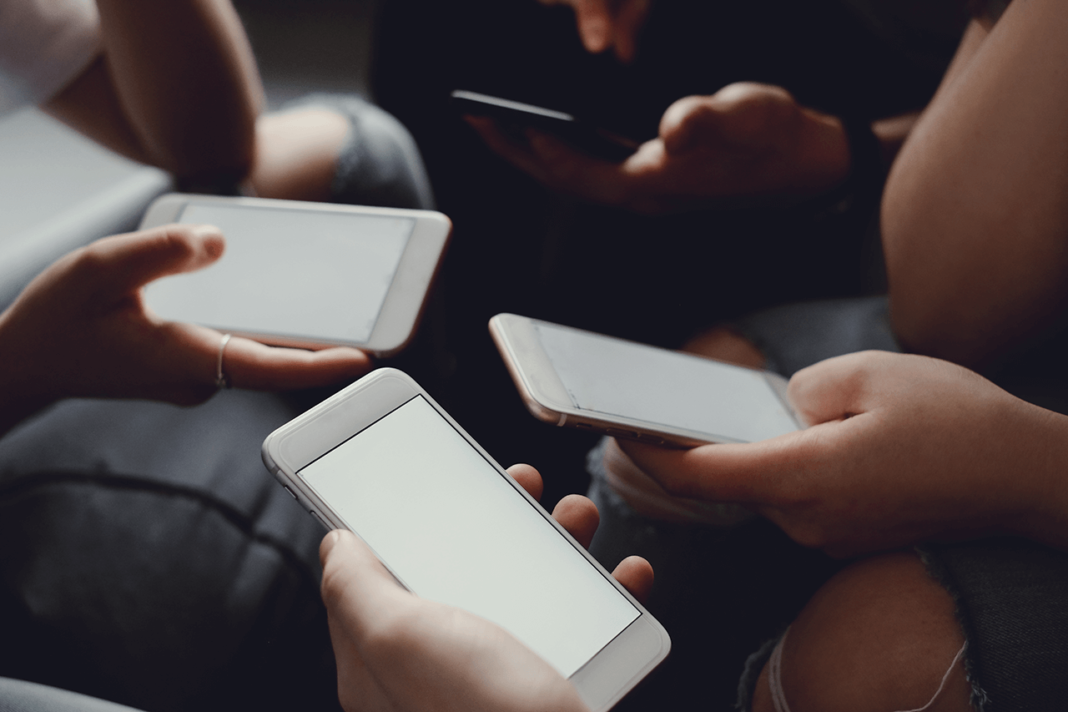In today’s world, digital devices have become an inseparable part of our lives. Phones, computers, tablets, and the internet are useful tools in many areas, from work to entertainment. However, excessive use can lead to serious addictions. Digital addiction is defined as the inability to control the use of technology and the internet, which negatively affects daily life.
Recognizing and controlling digital addiction is important not only for preserving our mental health but also for improving our quality of life. In this article, we will discuss the symptoms of digital addiction and how this issue can be addressed with scientific data.
What Is Digital Addiction?
Digital addiction is the inability of an individual to function properly due to uncontrolled use of the internet, social media, video games, or digital content.
The most common types of addiction are: 🔹 Social Media Addiction: The need to constantly check platforms like Instagram, Facebook, TikTok. 🔹 Video Game Addiction: Playing games to the extent that it interferes with daily activities. 🔹 Internet Addiction: The constant desire to browse the internet, read news, or consume content. 🔹 Phone Addiction: The fear of being without a phone (nomophobia) and the constant checking of notifications.
These addictions can negatively affect an individual’s social life, work productivity, and mental health.
8 Symptoms of Digital Addiction
Recognizing digital addiction is the first step in solving the problem. Here are the most common symptoms:
-
Losing Track of Time 📌 Constantly looking at the screen and losing track of time. 📌 Starting with a few minutes of phone use that ends up taking hours.
-
Feeling Restless Without Digital Devices 📌 Feeling anxious or stressed without a phone or computer. 📌 Feeling lost when the phone is off or there is no internet connection.
-
Neglecting Daily Tasks 📌 Inability to complete work, school, or personal responsibilities. 📌 Disrupted sleep patterns due to excessive time spent online.
-
Physical and Mental Symptoms 📌 Eye strain, headaches, back and neck pain. 📌 Anxiety, depression, distraction, and excessive stress.
-
Distancing from Social Life 📌 Spending more time in the digital world than with family or friends. 📌 Avoiding real-life social interactions.
-
Sleep Disorders 📌 Using phones or computers late into the night. 📌 Difficulty falling asleep due to blue light exposure.
-
Constantly Checking Notifications 📌 The need to constantly check phones or emails. 📌 Checking the phone even when no notification sound is heard.
-
Constant Desire for Digital Content 📌 Filling up free time only with the internet, social media, or games. 📌 Losing interest in real-life activities.
🚨 If you observe several of these symptoms in yourself, you may be at risk of digital addiction.
6 Effective Ways to Overcome Digital Addiction
To overcome digital addiction, it’s important to develop conscious usage habits. Here are effective solutions:
-
Try Digital Detox 📌 Take breaks from digital devices for specific periods of time. 📌 For example, take a break from social media and the internet for a few hours each day.
📌 What Can You Do? ✅ Turn off your phone for specific hours on weekends. ✅ Avoid taking your phone to the bedroom.
-
Track Your Screen Time 📌 Use apps that track your phone or computer screen time. 📌 This awareness can help you control addiction.
📌 What Can You Do? ✅ Use the “Screen Time” feature on iPhone or Android devices to track your daily usage. ✅ Set daily limits for yourself.
-
Plan Your Digital Use 📌 Allocate specific time slots for social media, games, and internet use. 📌 Instead of randomly sitting in front of a screen, decide in advance how much time you will spend.
📌 What Can You Do? ✅ Set a goal to spend only 1 hour on social media each day. ✅ Use the “Work first, then entertainment” principle to make digital use a reward.
-
Focus on Real-Life Activities 📌 It’s important to engage in hobbies to disconnect from the digital world. 📌 Real social interactions play a significant role in reducing digital addiction.
📌 What Can You Do? ✅ Exercise, read books, or go on nature walks. ✅ Increase face-to-face social interactions.
-
Make Your Phone and Computer Less Accessible 📌 Not keeping your phone constantly nearby will automatically reduce usage.
📌 What Can You Do? ✅ Keep your phone out of the bedroom. ✅ Turn off notifications or leave only important notifications on.
-
Seek Professional Support 📌 If digital addiction is seriously affecting your daily life, you can seek help from a specialist.
📌 What Can You Do? ✅ Seek psychological support or therapy to uncover the underlying causes of digital addiction.
Conclusion: You Control the Digital World!
Digital devices and the internet can provide great benefits when used consciously. However, uncontrolled use can lead to addiction, damaging both our mental and physical health.
📌 In Summary: ✔ Gain control over your time. ✔ Focus on real-life interactions. ✔ Manage your screen time consciously. ✔ Seek professional support if necessary.
Remember, by using technology consciously, you can control it, rather than letting it control you! 🚀


